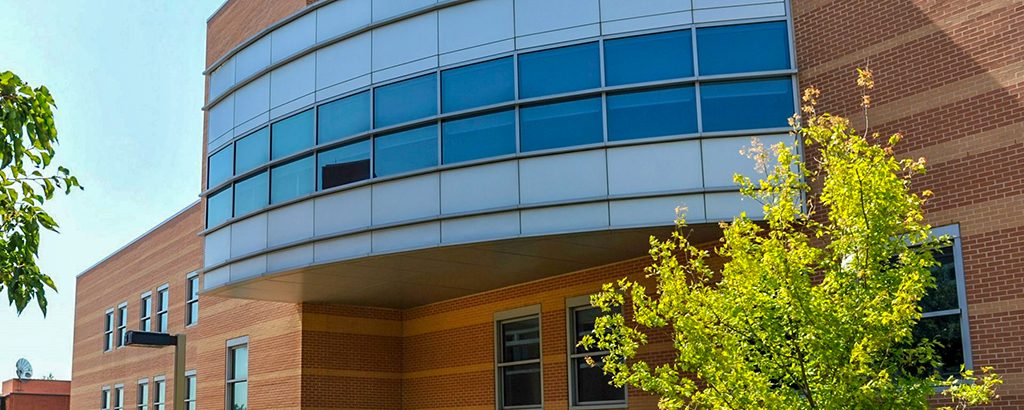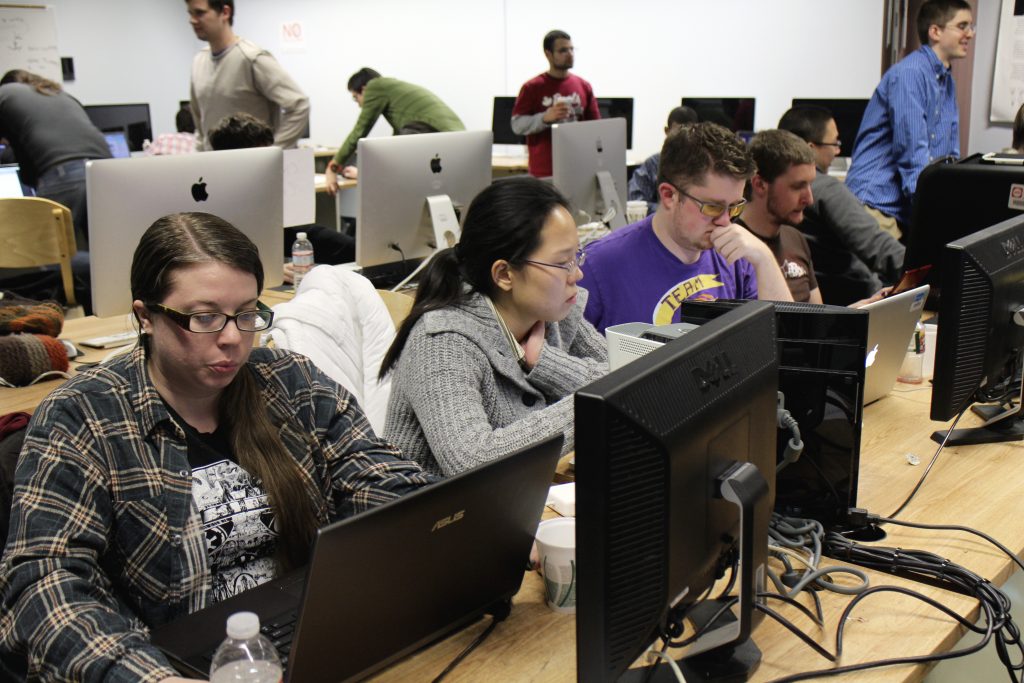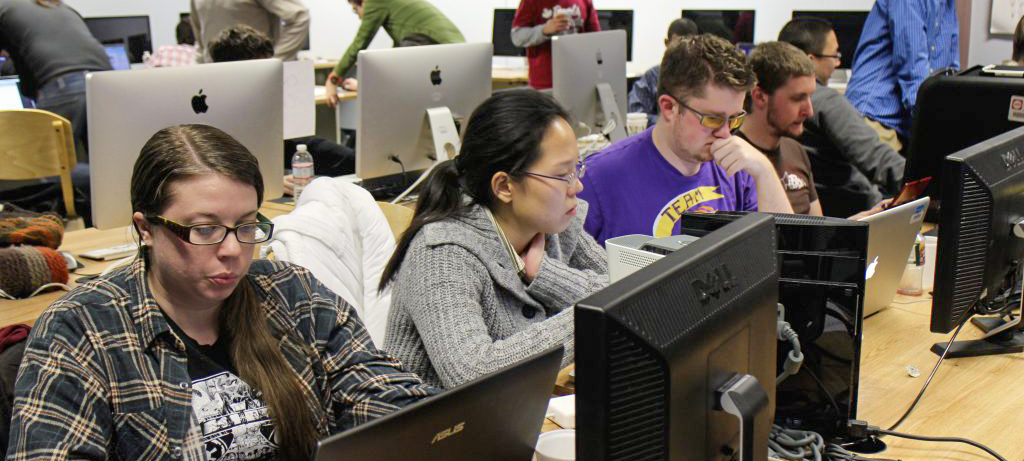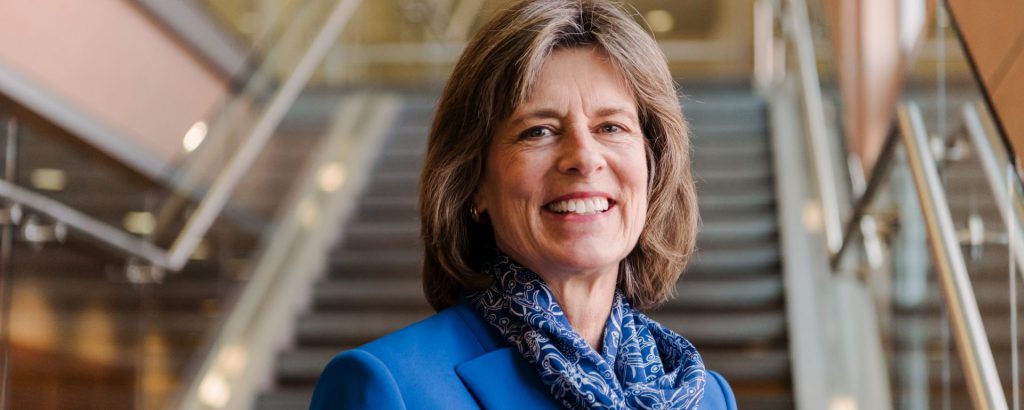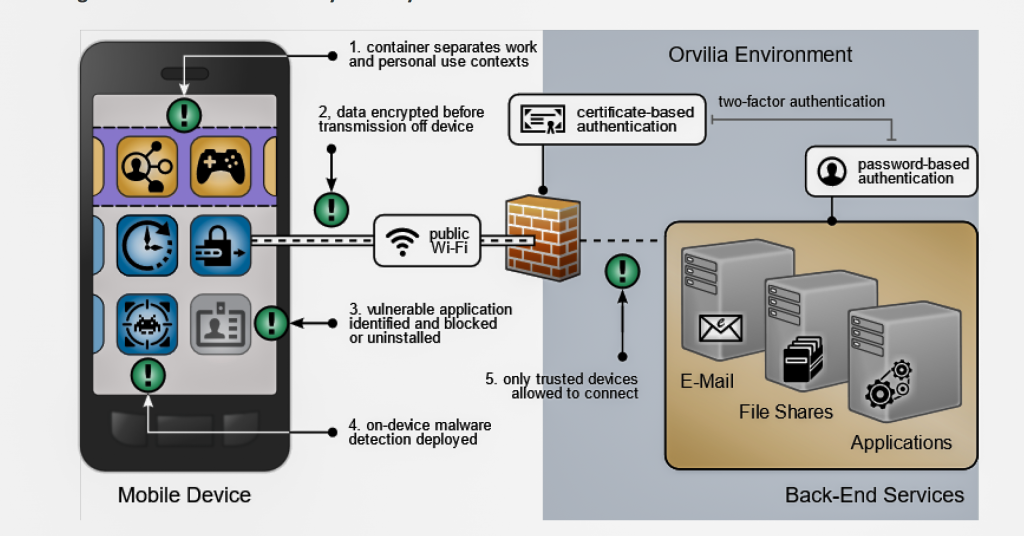
Dr. Ben Shariati co-author of NIST guide on mobile device security and privacy
Dr. Behnam Shariati, Assistant Director of the UMBC Graduate Cybersecurity Program, is one of the authors of a new NIST Cybersecurity Practice Guide guide on how organizations can use standards-based, commercially available products to help meet their mobile device security and privacy needs. Dr. Shariati is also a lecturer in Cybersecurity graduate program and oversees its operations at the Universities at Shady Grove in Rockville, MD.
To address the challenge of securing mobile devices while managing risks, the National Cybersecurity Center of Excellence (NCCoE) at the National Institute of Standards and Technology (NIST) built a laboratory environment to explore how various mobile security technologies can be integrated within an enterprise’s network.
A draft version of the document is available as NIST SPECIAL PUBLICATION 1800-21A, Mobile Device Security, Corporate-Owned Personally-Enabled (COPE) and NIST solicits comments on it by September 23, 2019.
From the summary:
“The rapid pace at which mobile technologies evolve requires regular reevaluation of a mobility program to ensure it is accomplishing its security, privacy, and workplace functionality. Built-in mobile protections may not be enough to fully mitigate the security challenges associated with mobile information systems. Usability, privacy, and regulatory requirements each influence which mobile security technologies and security controls are going to be well-suited to meet the needs of an organization’s mobility program.
The goal of the Mobile Device Security: Corporate-Owned Personally-Enabled (COPE) project is to provide an example solution demonstrating how organizations can use a standards-based approach and commercially available technologies to meet their security needs for using mobile devices to access enterprise resources.
The sample solution details tools for an enterprise mobility management (EMM) capability located on-premises, mobile threat defense (MTD), mobile threat intelligence (MTI), application vetting, secure boot/image authentication, and virtual private network (VPN) services.”
This NCCoE project is the first in a series on Mobile Device Security for Enterprises. The next one, Mobile Device Security: Bring Your Own Device (BYOD), is under development.



